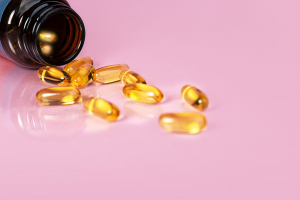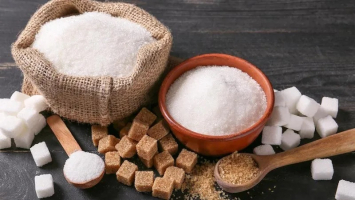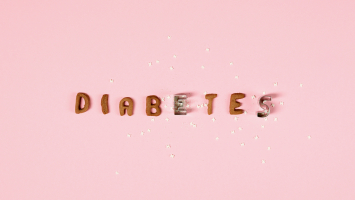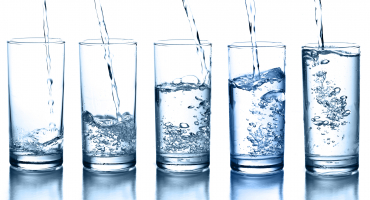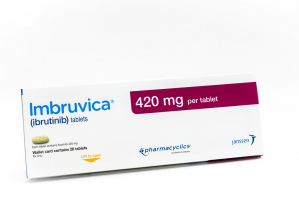Top 9 Side Effects of Consuming Too Much Caffeine
In many people, a light to moderate caffeine intake appears to provide great health benefits. On the other hand, extremely high doses may result in side ... read more...effects that interfere with daily life and may even have a negative impact on one's health. Below are some side effects of consuming too much caffeine!
-
Caffeine is known to make people more alert. It works by blocking adenosine's effects, a brain substance that causes fatigue. Adrenaline, the "fight-or-flight" hormone linked to increased energy, is produced at the same time.
However, with greater dosages, these effects could be more noticeable, resulting in anxiety and nervousness. In fact, the Diagnostic and Statistical Manual of Mental Disorders (DSM), a publication of the American Psychiatric Association, lists four caffeine-related disorders, with caffeine-induced anxiety disorder being one of them. Most people have been known to suffer anxiety, jitteriness, and similar symptoms at extremely high daily doses of 1,000 mg or more, although caffeine-sensitive people may have the same symptoms with even a small consumption.
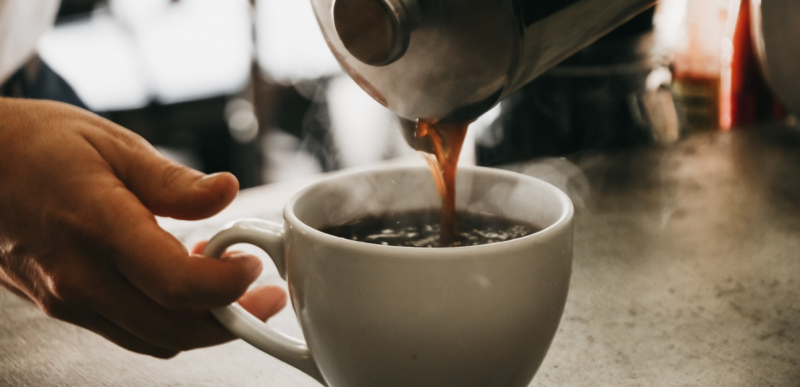
Anxiety 
Anxiety -
One of caffeine's most prized properties is its ability to keep people alert. However, consuming too much coffee may make it challenging to get enough restorative sleep. Especially, caffeine consumed later in the day may interfere with sleep because its effects can take several hours to wear off.
According to studies, consuming more caffeine makes it seem like it takes longer to fall asleep. Additionally, especially in the elderly, it can result in less total sleep time. Those who are regarded as "good sleepers" or even those who self-report insomnia don't appear to be much affected by low or moderate doses of coffee when it comes to their ability to sleep. If you underestimate the amount of caffeine you're consuming, you might not be aware that it is keeping you from falling asleep.

Insomnia 
Insomnia -
Many people found that drinking a cup of coffee in the morning encourages bowel movements. Coffee's laxative properties have been linked to the release of gastrin, a hormone that the stomach produces and which speed up activity in the colon. Additionally, it has been demonstrated that decaffeinated coffee causes a similar reaction.
While peristalsis, the muscle contractions that transport food through your digestive system, is increased by coffee, the substance itself also seems to encourage bowel motions. Given this result, it is not unexpected that high dosages of caffeine may cause some people to develop loose stools or even diarrhea. However, recent studies have shown that some people's gastroesophageal reflux disease (GERD) may worsen as a result of consuming caffeinated beverages. Coffee seems to be an example of this condition.

Digestive Issues 
Digestive Issues -
Damaged muscle fibers enter the circulation in the dangerous disease known as rhabdomyolysis, which can result in kidney failure and other issues. Rhabdomyolysis is frequently brought on by trauma, infection, drug use, muscular tension, and insect or snake bites that are very toxic.
Several reports of rhabdomyolysis linked to high caffeine use have also been reported, though this is rather uncommon. After consuming 32 ounces (1 liter) of coffee with around 565 mg of caffeine, a woman in one example had nausea, vomiting, and dark urine. Thankfully, after receiving treatment from medication and fluids, she made a full recovery. Importantly, this is a large dosage of caffeine to consume within a short period of time, especially for someone who isn't used to it or who is extremely sensitive to its effects.

Muscle Breakdown 
Muscle Breakdown -
No matter how healthy caffeine is, it has the potential to develop into an addiction. According to a thorough examination, coffee activates some brain chemicals in a way that is comparable to how cocaine and amphetamines do, but it does not lead to classic addiction in the same way that these substances do.
However, especially at high dosages, it may result in psychological or physical dependency. And the frequency of caffeine intake seems to play a role in dependency. In one research, 213 caffeine users completed questionnaires after going 16 hours without consuming it. Compared to non-users, daily users had larger increases in headaches, fatigue, and other withdrawal symptoms. Even though the substance does not appear to lead to true addiction, there is a very significant risk that you will develop a dependence on its effects if you daily consume large amounts of coffee or other caffeinated beverages.
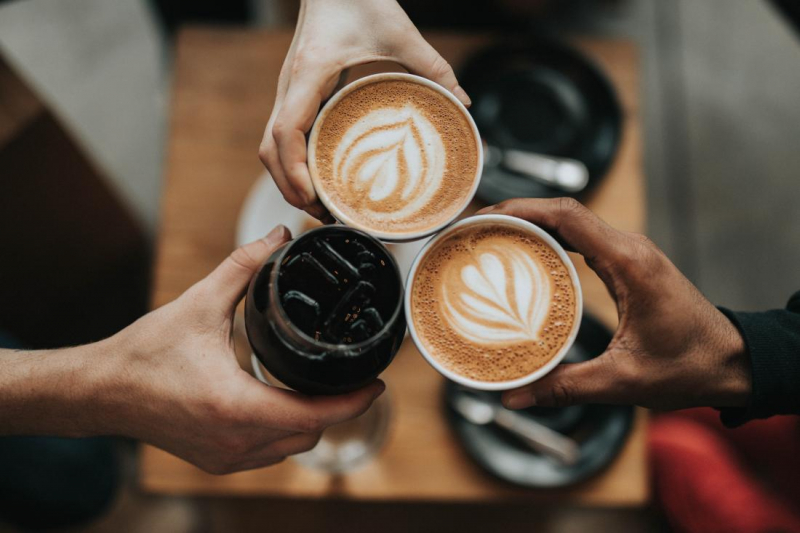
Addiction 
Addiction -
Caffeine doesn't usually appear to make most people at risk for heart disease or stroke. However, because of its stimulating effects on the nervous system, it has been shown in numerous studies to increase blood pressure.
Because high blood pressure may gradually damage arteries and restrict the flow of blood to your heart and brain, it raises your chance of having a heart attack or stroke. Fortunately, caffeine's effect on blood pressure seems to be temporary. Additionally, those who aren't used to consuming it appears to be the ones who are most affected. High caffeine intake has also been demonstrated to cause a rise in blood pressure during exercise in those who have both healthy and mildly elevated blood pressure. So it's important to pay attention to caffeine amount and timing, especially if you already have high blood pressure.

High Blood Pressure 
High Blood Pressure -
High caffeine intake might have stimulatory effects that can make your heart beat more quickly. Young people who drank energy drinks with high caffeine dosages have been linked to atrial fibrillation, which is an altered heartbeat rhythm.
In one case study, a woman who tried suicide by taking a significant amount of caffeine and powder suffered an extremely fast heartbeat, kidney failure, and other severe health problems. However, not everyone appears to have this impact. In fact, some people with heart conditions may be able to take high doses of caffeine without suffering any bad impacts. In a controlled research, normal heart rates and rhythms were maintained in 51 patients with heart failure who drank 100 mg of coffee each hour for five hours. Regardless of the conflicting study results, you should think about reducing your consumption if you notice any changes in your heartbeat or rhythm after drinking caffeinated beverages.
Rapid Heart Rate 
Rapid Heart Rate -
Caffeinated beverages including coffee, tea, and others are proven to increase energy. However, they may potentially have the reverse result by causing rebound fatigue after the caffeine.
Despite caffeinated energy drinks boosting alertness and mood for several hours, a review of 41 studies found that participants were frequently more exhausted the next day. Of course, you may prevent the rebound effect by consuming large amounts of coffee throughout the day. On the other side, this can interfere with your sleep. Consume caffeine in moderate rather than large dosages to optimize its energizing effects and prevent rebound fatigue.

Fatigue 
Fatigue -
Due to the stimulatory effects of caffeine on the bladder, increased urination is a frequent side effect of high caffeine intake. If you consume more coffee or tea than normal, you can find that you have frequent urination.
Most studies examining how the substance affects urine frequency have concentrated on older people and those who have incontinence or overactive bladders. In one study, urinary frequency and urgency significantly increased in 12 young to middle-aged adults with overactive bladders who consumed 2 mg of caffeine per pound (4.5 mg per kilogram) of body weight daily. This would be equivalent to roughly 300 mg of caffeine per day for someone weighing 150 pounds (68 kg). In addition, even in those with healthy bladders, increased consumption may raise the risk of developing incontinence.
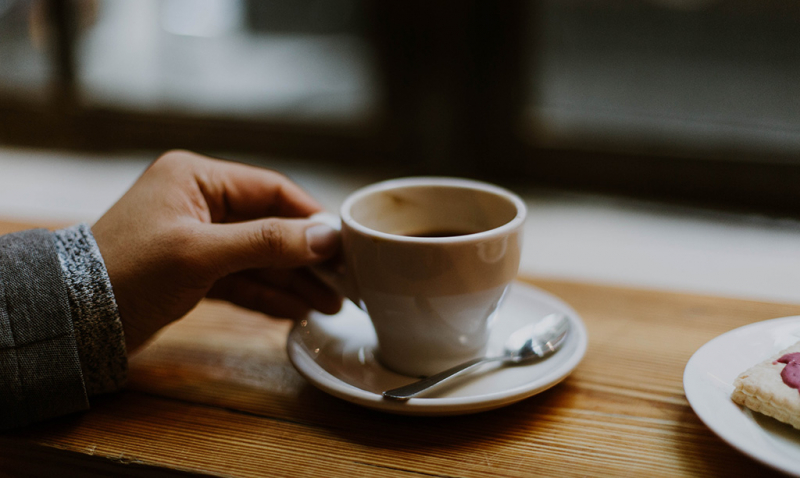
Frequent Urination and Urgency 
Frequent Urination and Urgency











